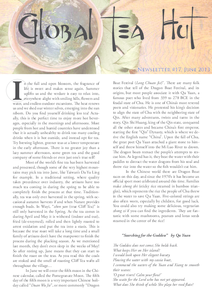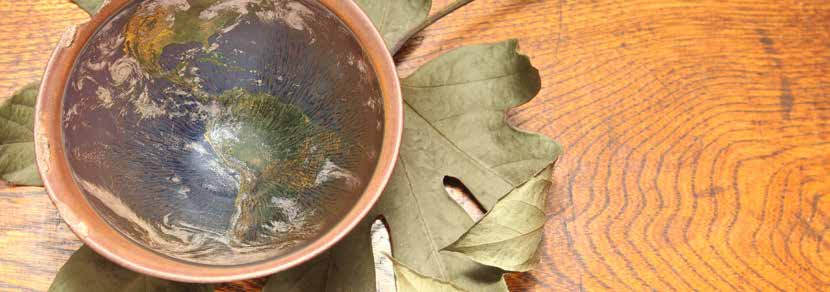
 |
|

In the full and open blossom, the fragrance of life is sweet and makes sense again. Summer uplifts us and the verdure is easy to relax into, everywhere alight with smiling hills, flowers and water, and endless outdoor excursions. The heat renews us and we shed our winter selves, emerging into the sun reborn. Do you find yourself drinking less tea? Actually, this is the perfect time to enjoy more hot beverages, especially in the mornings and afternoons. Most people from hot and humid countries have understood that it is actually unhealthy to drink too many cooling drinks when it is hot outside, and instead opt for tea. Try brewing lighter, greener teas at a lower temperature in the early afternoon. There is no greater joy than a lazy summer afternoon, some green tea and the good company of some friends or even just one's true self!
Most of the world's fine tea has been harvested and processed, though some of the very highest mountains may pick tea into June, like Taiwan's Da Yu Ling for example. In a traditional setting, where quality takes precedence over industry, the artisans have too much tea coming in during the spring to be able to completely finish the process at that time. Traditionally, tea was only ever harvested in the spring, with occasional autumn harvests if and when Nature provides enough buds. In Wuyi, "zhen yan (true Cliff Tea)" is still only harvested in the Spring. As the tea comes in during April and May it is withered (indoor and out), fried (de-enzymed), rolled and then lightly roasted to arrest oxidation and put the tea into a stasis. This is because the true roast will take a long time and a small family of artisans don't have the manpower to finish the process during the plucking season. As we mentioned last month, they don't even sleep in the weeks of May! So after resting up, June means that they can start to finish the roast on the teas. As you read this the coals are stoked and the smell of roasting Cliff Tea wafts all throughout the village...
In June we will enter the fifth moon in the Chinese calendar, called the Pomegranate Moon. The fifth day of the fifth moon is a very important Chinese holiday called "Duan Wu Jie", or more commonly "Dragon Boat Festival (Long Chuan Jie)". There are many folk stories that tell of the Dragon Boat Festival, and its origins, but most people associate it with Qu Yuan, a famous poet who lived from 339 to 278 BCE in the feudal state of Chu. He is one of China's most revered poets and visionaries. He protested his king's decision to align the state of Chu with the neighboring state of Qin. After many adventures, twists and turns in the story, Qin Shi Huang, A king of the Qin state, conquered all the other states and became China's first emperor, starting the first "Qin" Dynasty, which is where we derive the English name "China". Upon the fall of Chu, the great poet Qu Yuan attached a giant stone to himself and threw himself into the Mi Luo River to drown. The dragon boats reenact the people's attempts to rescue him. As legend has it, they beat the water with their paddles to distract the water dragons from his soul and threw rice into the water so the fish wouldn't eat him.
In the Chinese world there are Dragon Boat races on this day, and since the 1970's it has become an official sport most celebrated around this time. Families make zhong zhi (sticky rice steamed in bamboo triangles), which represents the rice the people of Chu threw in the water to save Qu Yuan. Five-colored strings are also often worn, especially by children, for good luck. You could also try making some delicious, vegetarian zhong zi if you can find the ingredients. They are fantastic with some mushrooms, peanuts and lotus seeds steamed in the center of the rice!
The Goddess does not come; She holds back. What keeps Her on Her island? I would look upon Her elegant beauty. Plowing the water with my cassia boat, I command the waters of the Yuan and Xiang to smooth their waves: 'O great rivers! Calm your flow!' She waits for the Lord who has not yet appeared. What does She think of while She plays her reed flute?